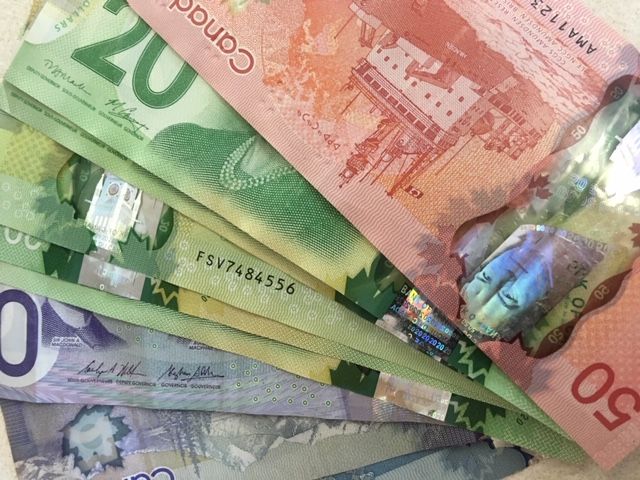Rent in BC continues to rise, and that has many people asking when they will see a light at the end of the tunnel in the coming years.
According to a report on Rentals.ca, asking prices for rental units across the country increased by 5.9 per cent from a year ago to an average of $2,201, and the increase represents the slowest annual growth over the past three years.
The report says rental increases were up across the spectrum, but not all units saw increases, however this still doesn’t mean the affordability crisis is over.
The average in Canada for rentals last month, for apartments, went up an average of 10.5 per cent with studio units increasing by 13.7 per cent, one-bedroom up by 7.2 per cent, two-bedrooms up by 9.1 per cent and a three-bedroom unit up by 12.1 per cent.

Housing minister Ravi Kahlon says the government realizes renters are tightening up their budgets and continue to struggle with increases in rent and affordability, which is why they’re putting in measures to combat the growing issue.
“We have taken numerous steps to better support renters, improve affordability and help with cost of living,” he says.
“This includes establishing the Rental Protection Fund, which is using $500 million in capital grants to protect thousands of affordable housing units in the province.”
According to the report, Vancouver is the most expensive for rentals costing just over $2,700 for a one-bedroom unit, Burnaby in second place with a cost of just over $2,500 and Victoria sitting in eighth place costing renters close to $2,200 for a one-bedroom.

Kahlon says there are many reasons why rent has steadily increased, but the province has been taking steps, along with their provincial counterparts to ensure rent increases remain low.
“In 2018 government changed the maximum annual allowable rent increase from inflation plus two per cent to inflation only,” he says.
“In recognition of the increased cost-of-living due to high interest rates, governments capped the annual allowable rent increase well below inflation at two percent for 2023 and 3.5 per cent for 2024.”

According to the Canada Mortgage and Housing Corporation, they’re projecting a momentum regain in 2025/26 as interest rates decline, which could mean an improvement in housing over the next two years.
Be the first to know! Don’t miss out on breaking news and daily updates in your area. Sign up to MyKootenayNow News Alerts.






